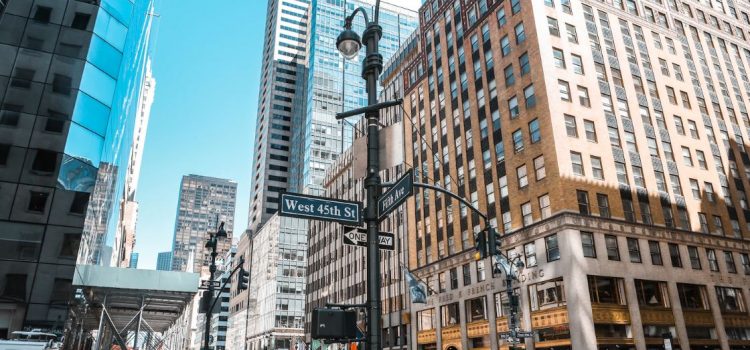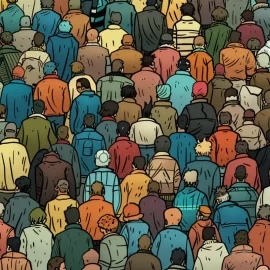
This is a free excerpt from one of Shortform’s Articles. We give you all the important information you need to know about current events and more.
Don't miss out on the whole story. Sign up for a free trial here .
What are the New York Airbnb laws, and why were they implemented? What impact will they have on Airbnb and its hosts in New York City and around the globe?
New NYC regulations aimed at cracking down on illegal short-term stays require Airbnb hosts to register and be present during guest stays, effectively banning many rentals. The regulations have sparked a fierce debate between affordable housing advocates and the platform, its hosts, and tourism groups.
Here’s what you need to know about the New York Airbnb laws and their implications.
NYC’s Local Law 18
In a move that some believe could spell the end of Airbnb as the world knows it, strict New York Airbnb laws on short-term rentals have already led to thousands of listings being removed from the popular home-away-from-home rental site.
Airbnb in NYC
Founded in 2008, Airbnb is one of the most popular online platforms to list and book short-term lodging in residential properties around the world. Airbnb took off in New York City in the early 2010s as more residents began listing spare rooms and apartments as short-term rentals (stays lasting fewer than 30 days) to earn extra income. By June of 2023, 22,000 of the city’s 40,000 Airbnb listings were classified as short-term rentals.
On September 5 the city implemented Local Law 18, which strictly regulates short-term rentals like those booked through Airbnb. The new law requires hosts to register rentals with the city and be present during guests’ stays or risk fines up to $5,000. Hosts can only lease their property if they themselves live there (thus forbidding people from renting out a secondary home), and there’s a limit of two guests per rental property.
Regulation Opponents
Airbnb, its hosts, and some tourism groups argue that the new rules amount to a “de facto ban” on the company’s model in New York, which will harm communities and tourism by:
- Causing Airbnb hosts to lose income they rely on to meet basic living expenses. Smaller hosts say the law unfairly punishes them by wrongly lumping them in with professional landlords.
- Leaving tourists with fewer affordable lodging options. Airbnb is popular among New York City’s 66 million annual visitors, many of whom prefer its more cost-effective and spacious lodging options compared to hotels.
Regulation Supporters
Affordable housing advocates, community groups, and some local lawmakers hope the new rule will curb the activities of investors who they say purchase homes in gentrifying neighborhoods with the sole intention of profiting by renting them out for short stays. They argue that:
- Airbnb rentals have reduced housing supply and increased rents amid an ongoing housing shortage.
- Between 2009 and 2016, rents across New York City rose 25% on average ($279 per month).
- Short-term rentals worsen the quality of life. City residents and longtime renters complain that Airbnb rentals function as pop-up hotels, leading to a steady stream of strangers, parties, noise, trash, and safety problems in their buildings.
- The new rules will free up apartments for long-term residents.
Looking Ahead
Since implementing Local Law 18, New York City has approved just 257 of 3,250 applications to legally operate short-term rentals, and short-term Airbnb listings dropped from 22,434 in August to 3,400 in early September.
Airbnb has announced that, starting December 2, it will cancel and provide refunds for reservations made in unregistered accommodations. Reservations made before December 1 will be honored to minimize disruption for hosts and guests. Guests who stay in unregistered rentals won’t face consequences, but as of September 5, hosts and the platforms they use to advertise could.
Experts say that while Airbnb may continue to lose business in New York City, the platform will likely remain strong globally, as it has a history of facing and adapting to regulations.

Want to fast-track your learning? With Shortform, you’ll gain insights you won't find anywhere else .
Here's what you’ll get when you sign up for Shortform :
- Complicated ideas explained in simple and concise ways
- Smart analysis that connects what you’re reading to other key concepts
- Writing with zero fluff because we know how important your time is






